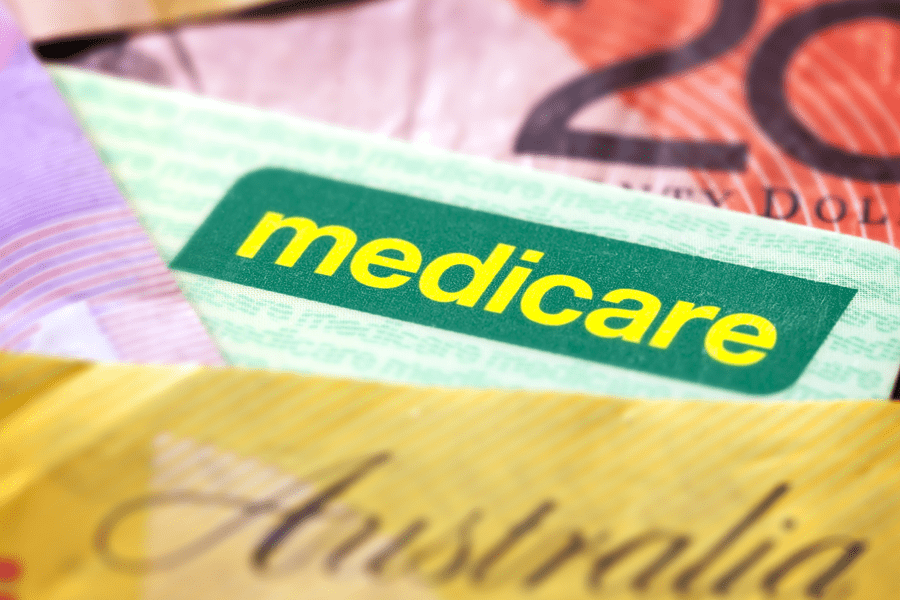A key Medicare change for health professionals will be the introduction of the Shared Debt Recovery Scheme (SDRS), which will take effect from 1 July 2019.
The SRDS is intended to establish a fairer approach to recovering compliance debts arising as a result of incorrectly claimed Medicare benefits by making both the GP and their employing or contracting organisation responsible for repayment. Previously, any debt was the sole responsibility of the GP.
This change recognises that there has been an increase in the role of practices and corporate entities billing MBS services on behalf of individual practitioners. It highlights that both parties have a responsibility to ensure MBS claims are made correctly, in that:
- Medical practitioners have a responsibility to ensure claims made under their provider number meet the MBS requirements; and
- Medical practices have a responsibility to ensure that medical practitioners within a practice are claiming MBS items correctly.
While the primary debt remains the liability of the GP, under audit a GP may request consideration that the debt be shared if they are in an employment or contractual arrangement with another party that may have controlled or influenced the claim which led to the debt.
How does this affect your practice?
Practices should review their existing Medicare billing practices and procedures. If GPs are not ultimately responsible for the MBS items billed, it is recommended that they document their recommendation. Should there be any changes to the initial MBS item/s requested by the doctor, it is essential to document the reason for the change. These steps should assist in establishing where any liability falls in the event that a compliance debt arises.
You should ensure that your procedures around MBS billing are documented, reviewed with your team and any additional training needs that are identified are carried out promptly.
If you require any further information about the SDRS or the MBS, please contact your Quality Improvement Support Officer. Alternatively, please refer to this Department of Health fact sheet.



